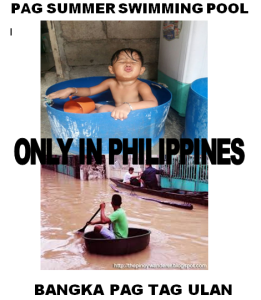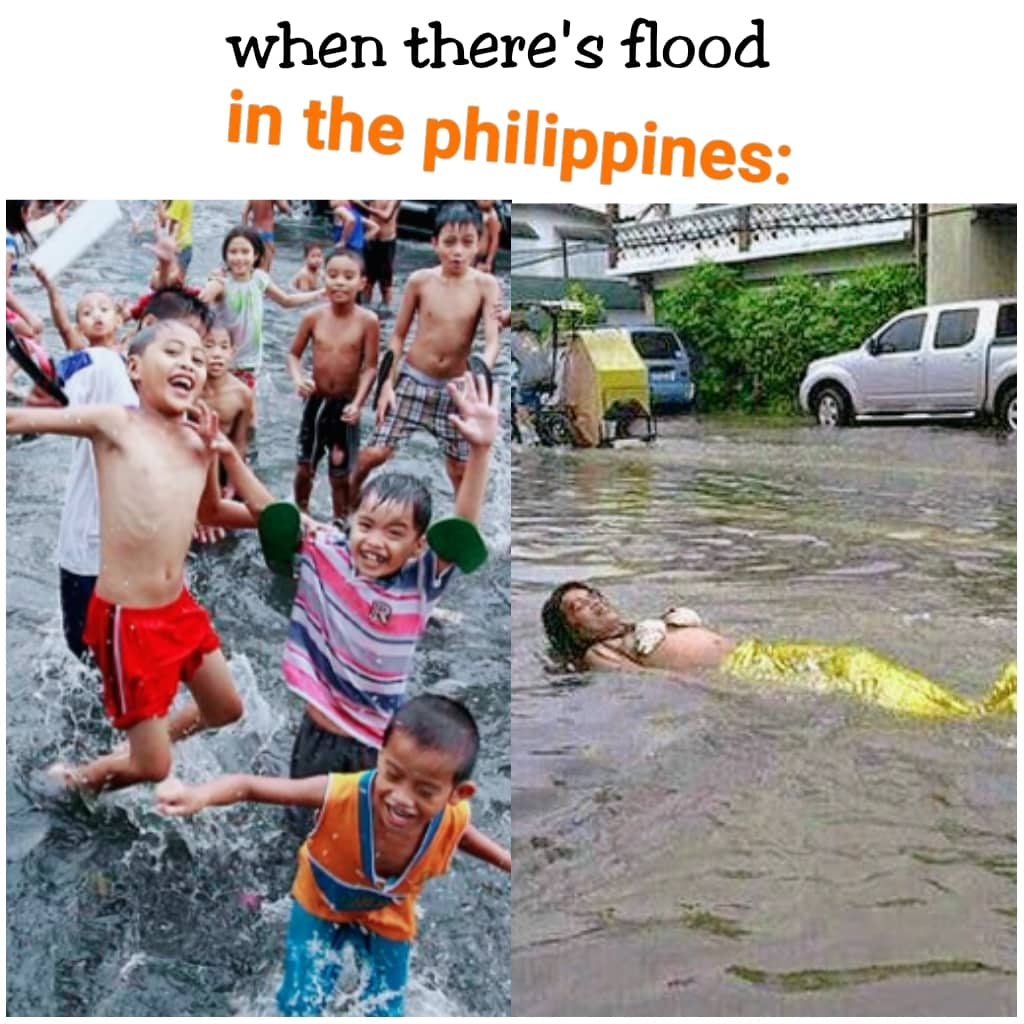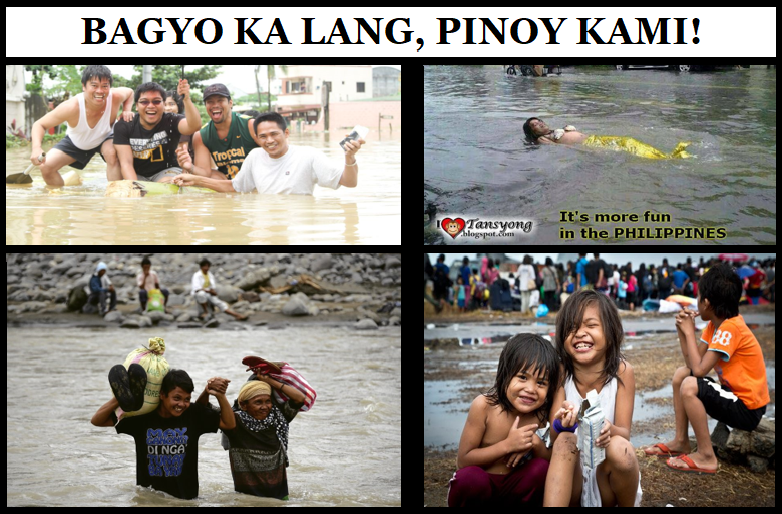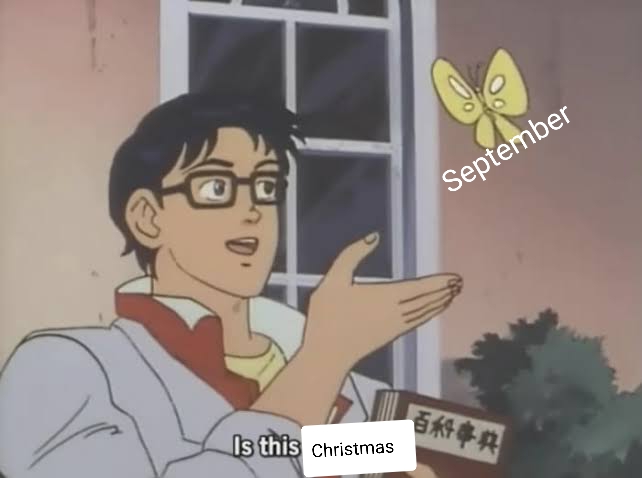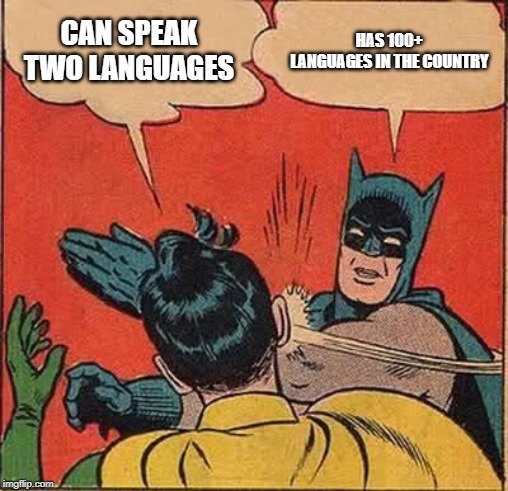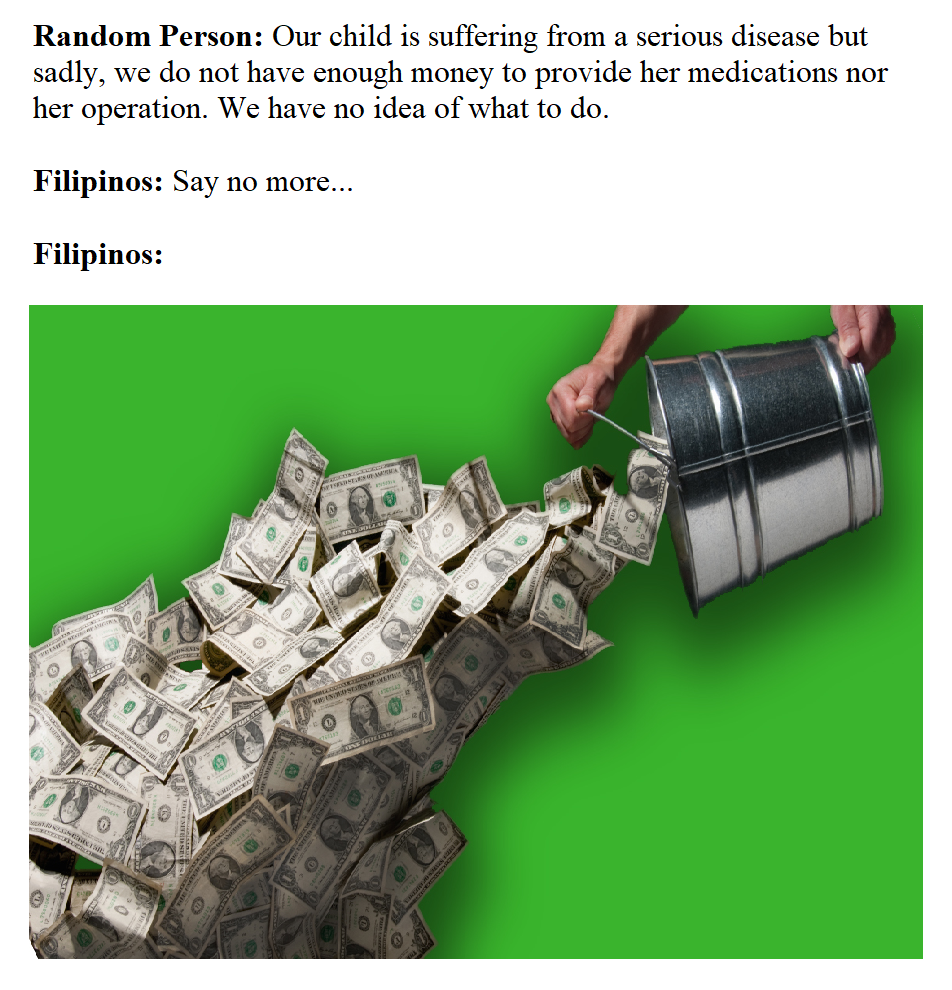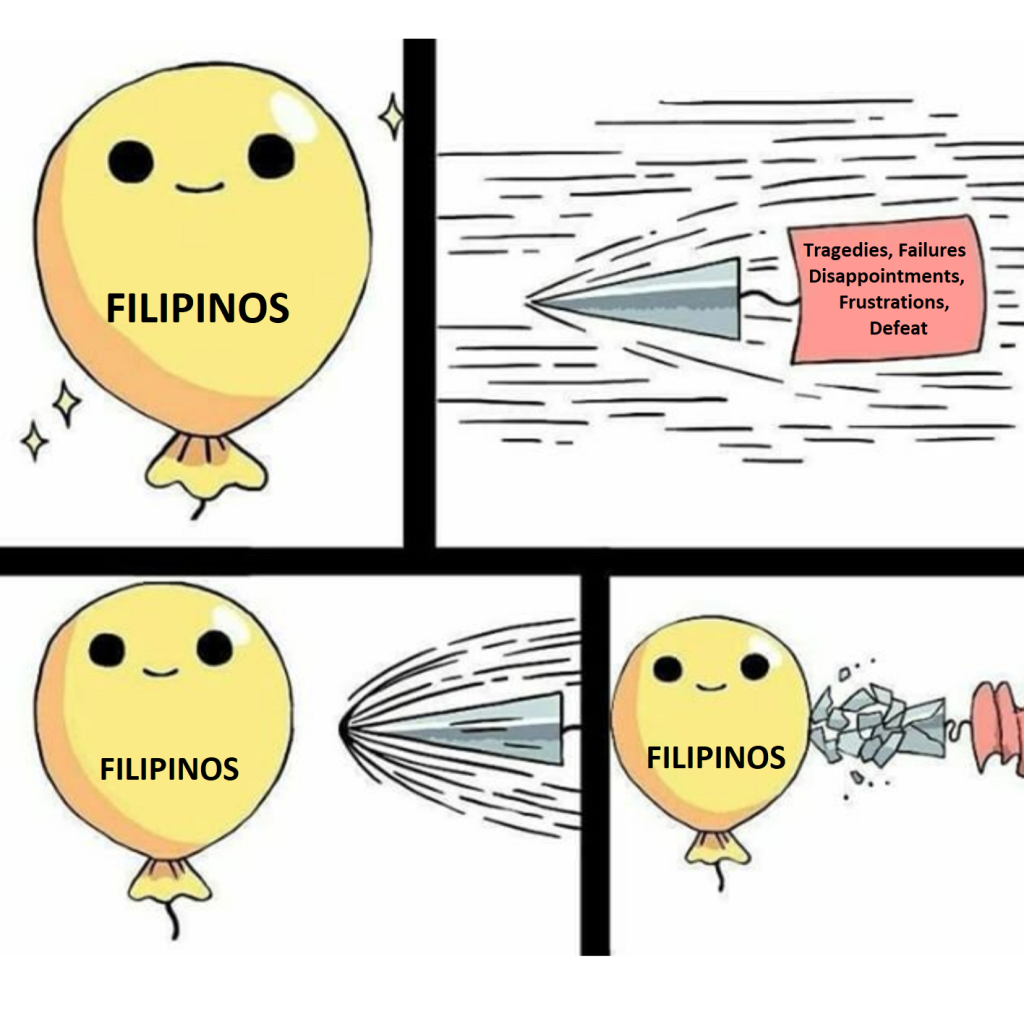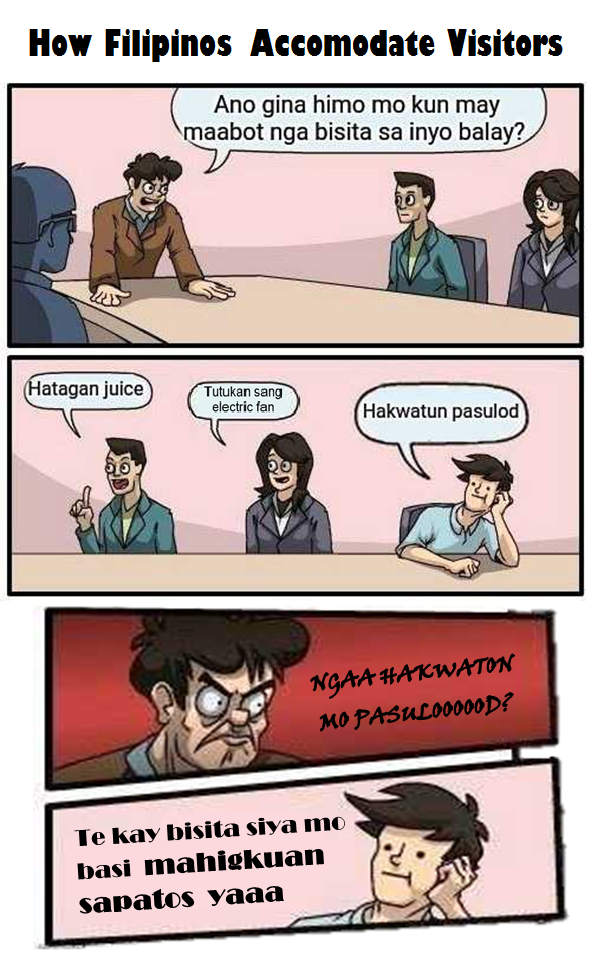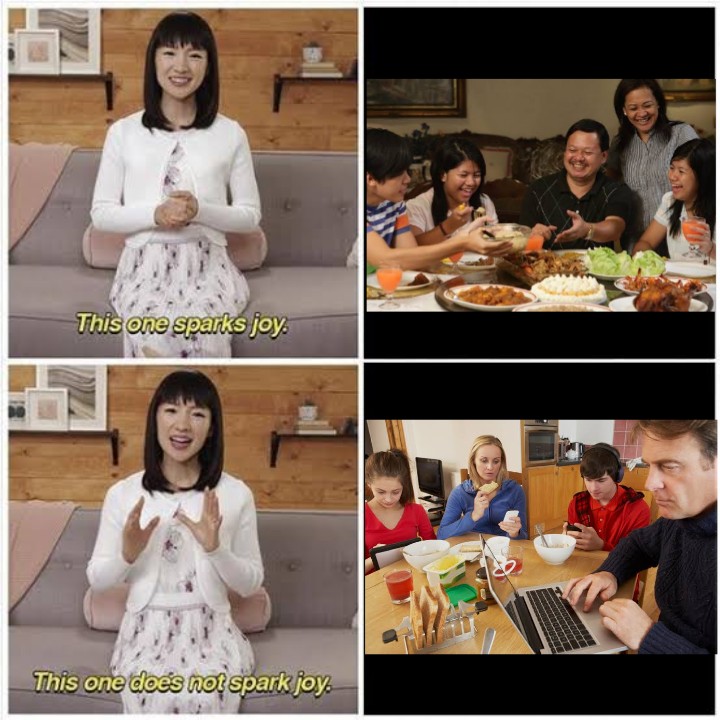Nina: Hannah Jane Parrenas at Prima Stephaney Nadate
Isang mapagpalayang araw sa ating lahat! Maraming salamat sa inyong pagdalo at mainit na pagtanggap. Ako’y nagagalak na makitang napakaraming Pilipinong gaya ko rin ay nagmamalasakit sa bayan.
Magsisimula ako sa katanungang, “Nakikinita niyo pa ba ang Pilipinas na uunlad?” Marahil ang iba ay nawalan na ng pag-asa na makakamit ito pero sisikapin kong mapagtatagumpayang lahat ang ninanais ng buong sambayanan.
Hindi maikakailang kahirapan ang pangunahing problema na kinahaharap ng ating bansa, dahil katulad ninyo ay nasaksihan ko mismo at naranasan ang hagupit ng kahirapan. Noon, araw-araw ay sumusuong kami sa isang giyerang ito ang kalaban. Naranasan kong pagsabayin ang aking pag-aaral maging ang pag-trabaho. Ngunit hindi ito naging hadlang upang matamo ko kung ano ang mayroon ako ngayon. Ang nagpapanalo sa aming pamilya ay ang pagsisikap at higit sa lahat, ang pagkakaroon ng armas, ang edukasyon.
Kaya sisiguraduhin nating mabigyan ang lahat ng mga Pilipino ng armas na ito. Magpapatupad tayo ng batas na magbibigay-prayoridad sa edukasyon ng mamamayang Pilipino kagaya ng mga tulong pinansyal, hindi lang para sa mahihirap kundi maging sa mga nakaaangat din sa buhay. Lahat tayo ay may pantay-pantay na karapatan dito at hindi ito limitado sa kahit anong estado sa buhay. Isa ring mahalagang sangkap ang edukasyon sa kakulangan ng trabaho. Dagdag rito, sisiguraduhin nating magkaroon ng sapat na job vacancies para mabawasan ang mga unemployed at OFWs na nangingibang bansa. Isusulong din natin ang pagkilala sa LGBTQ++ community at magkakaroon ng mga panukalang magbibigay ng pantay-pantay na karapatan sa lahat ng kasarian o gender identity.
Dahil sa ating pagkakaisa, alam kong magagawan natin ng paraan ang mga problemang ito at makakamit din natin ang kaunlarang pare-pareho nating nilalayon para sa buong sambayanan. Ang inyong presensya ngayon ay tanda lamang ng pagmamalasakit sa ating bayan, at masasabi kong kayo, tayong mga Pilipino ay tunay ngang kahanga-hanga dahil dito. Muli, maraming salamat at mabuhay ang sambayanang Pilipino!

